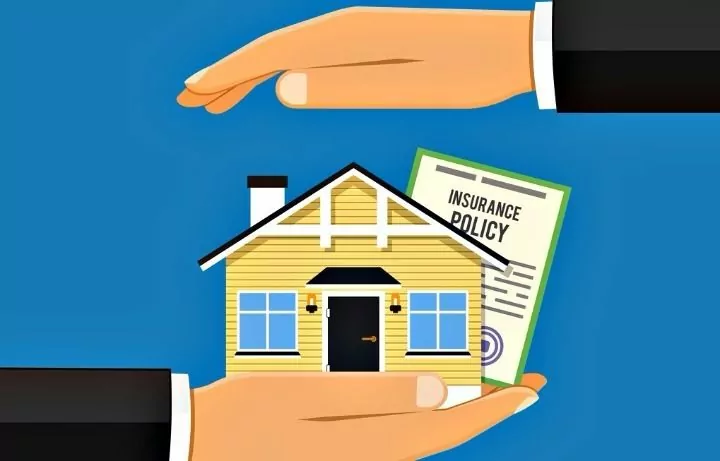Protect Your Investment: How to Choose the Right Insurance for Your Rental Property
Protect Your Investment: How to Choose the Right Insurance for Your Rental Property
Blog Article
As a landlord, acquiring the best insurance for your hire property is crucial to safeguard your expense and assure peace of mind. Without correct protection, you might experience economic problems if unexpected functions like accidents, injury, or responsibility statements occur. Here's a fast information to knowledge and Getting Insured On Your Rental Property.
1. Landlord Insurance vs. Visitors Insurance
Landlord insurance (also named rental property insurance) is different from renters insurance, which shields tenants' personal belongings. Landlord insurance typically addresses:
Home injury: Security for the bodily design of the house, including injury from fireplace, storms, or vandalism.
Responsibility insurance: Protection when someone is wounded on the home or if you're found legally in charge of damages.
Loss of rental revenue: If the house becomes uninhabitable because of protected damages, that insurance compensates you for missing rent.
Visitors insurance, on one other give, addresses tenants'particular belongings and responsibility for incidents that happen within their rented room, but it's maybe not your duty to offer it.

2. What's Included Under Landlord Insurance?
When buying landlord insurance, it's important to understand the kinds of insurance provided:
House Coverage: This addresses the design and any property mounted on it, like appliances and built-in fixtures.
Liability Coverage: In case a tenant or visitor is wounded on your own home, this insurance assists protect medical costs and legal fees.
Additional Residing Costs: If the house becomes uninhabitable because of covered reduction, that coverage assists with the price of option property for tenants.
Elective Add-ons: Consider putting ton, earthquake, or lease loss coverage if your property is in a high-risk area.
3. Determining Coverage Wants
The quantity of coverage you will need is dependent upon the value of one's property, spot, and any potential risks. For example:
Price of the house: Ensure that the house insurance total is sufficient to correct or improve the house if necessary.
Spot risks: If your house is in a location prone to floods or earthquakes, you may want to add these specific coverages.
Home administration: In the event that you employ a property manager, see if they've insurance or if you need extra insurance for his or her actions.
4. Selecting the Correct Provider
Look around to find the best insurance provider for your needs. Search for insurers that focus in rental properties, as they will be more knowledgeable about the risks and special requirements involved. Contemplate the next:
Customer service and states method: Choose a company noted for easy-to-work-with customer support and a hassle-free statements process.
Discounts and offers: Many insurers provide discounts for bundling multiple houses and for having safety functions like alarm systems.
5. Frequent Mistakes to Prevent
Underinsuring your house: Make sure that your protection limits reflect the true value of one's property and possible restoration costs.
Ignoring tenant protection: While your landlord policy covers the structure, tenants insurance is advisable to protect tenants' belongings. You may even wish to require tenants to have their very own insurance.
Perhaps not researching your policy frequently: As the value of one's home improvements or your neighborhood undergoes shifts in chance (like new structure or weather patterns), ensure your insurance is as much as date.

Conclusion
Getting insured in your rental home isn't just about guarding the making itself; it's about ensuring that equally you and your tenants are safeguarded against sudden situations. Understanding your insurance needs and deciding on the best policy will help you handle your hire home with confidence and prevent expensive problems down the line. Report this page